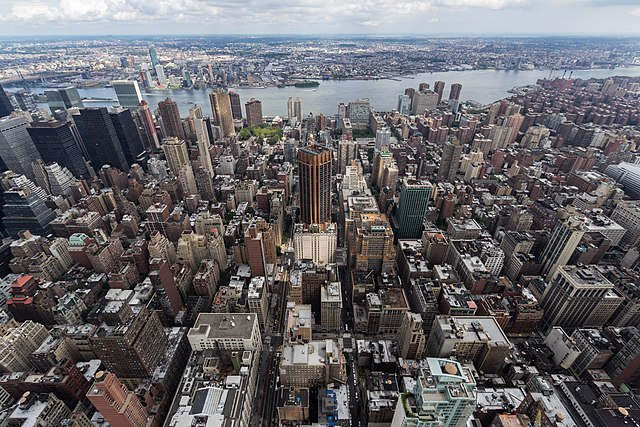

If large corporations have zero empathy for their competition, why do they have such an easy time coordinating raising grocery prices well above the free market optimum?
Large corporations are owned by capital holders. Often it’s the same set of capital holders owning different corporations because they’ve diversified their assets. It is not in the interest of their owners to have a free market race to the bottom.
So they make deals. And when socialists force the government to forbid those deals, they find Schelling points where they can make deals without making deals. It’s not collusion; it’s covid supply issues; ask anyone. And with neoliberal/neocon dismantling of regulatory agencies they can just do it.
So they have empathy for other large corporations. But it goes further than that. At least for now, capital assets are still managed by people. Those people are flesh and blood. They eat, they socialize, they make friends, and they care about their friends and acquaintances. And this caring is embedded into the choices that they make at work, where they compete against their friends and acquaintances.
So large corporations have empathy not just for other corporations, but also for rich people in general. Golden parachutes, nepotist appointments, favors, massively overpaid C-suite execs and expensive consultancy jobs from each other’s hobby projects.
Corporations bleed trillions of dollars for the sake of empathy with their competitors and with private individuals, they just won’t accept a competitor to bourgeoisie hegemony.







You are assuming no ideological changes of opinion are possible or useful.
People that vote right wing aren’t better off just because they voted that way. They’re not tyrants oppressing the left, they’re fellow citizens who get oppressed just as much. Their vote for the winning team doesn’t win them anything.
The solution to right-wing banding isn’t left wing banding, it’s disbanding the right wing by showing its voters that they’re being had. And that takes a cohesive and functional alternative.
Leftist “infighting” is healthy. It’s a process of discovering these alternatives, and it regularly churns out consensus issues such as consent-based queer rights, veganism, not funding genocide, and how the US government is now fascist.
Over time these issues get normalized through leftist action until liberal centrists rewrite the histories as if they are responsible for producing them through liberal democracy.
Daily reminder that the DNC does not acknowledge that the US government is now fascist. Uniting under a common front doesn’t mean we fight fascism together, it means we canvas for votes until we’re black bagged one by one.
Ultimately it is important to vote in every election for a candidate that has a good chance of actually getting in to represent you, but that is just one day every year or two. Everything else should be dedicated to finding and testing these alternatives.